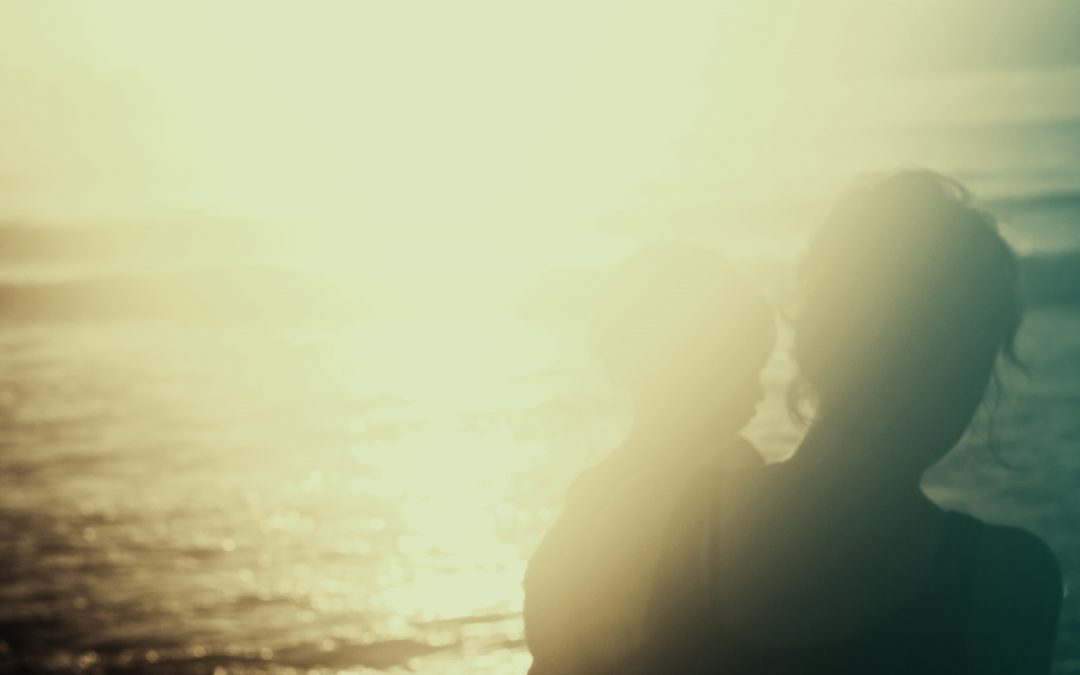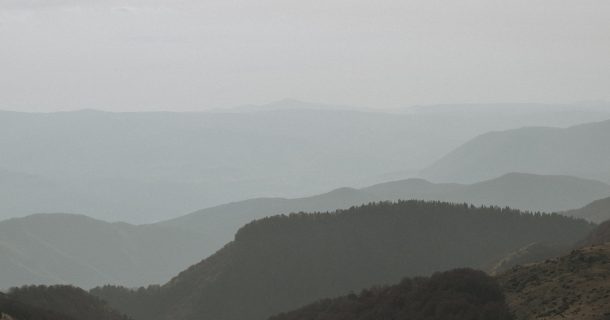I delivered a stillborn baby nearly sixteen years ago. My daughter, had she lived, would be a full-on teen now. But my daughter died, my heart broke, and as one must do, I moved forward. I let go of my dream of motherhood and built different dreams. I adapted. And even though my life is now full and rich, I’ve never stopped carrying an invisible torch for my daughter. Contentment, I’ve learned, can live alongside sorrow.
I’m well beyond the days of raw and bewildering grief when I’d first said goodbye to that small being I’d carried for nine months. I’d felt like an amputee stumbling forward, unable to ease the ache of a phantom limb. My baby had been there in body—my intimate roommate for 41 weeks—and then, astonishingly, she was gone. The pain from her absence left me disoriented: Where was she? What was I to do with my mothering yearnings that had been growing alongside her? Could I even call myself a mother?
I found comfort with pen and paper, becoming a mother who wrote letters to my lost baby. Once I got past the strangeness of it, I took delight in the ritual. The weight of my journal in my lap and the words spilling on the pages kept her close to me in those early years. I’d write to her about my day, and about what she’d be experiencing if she were with me (You’d like the bright orange pumpkins I set on the back deck. Or, The birds sang particularly loudly this morning.). Musings in my journal about my imagined life for her created an alternative path to motherhood. We couldn’t be together in the flesh, but we could be together in my mind. I could nurture my baby through my written words.
Meeting women who walked the same unwelcome path as I was another early comfort. I’d come to understand that I’d joined legions of mothers everywhere who’d carried on without their babies. And I’d come to understand that we shared a complicated sorrow. We wouldn’t see our little ones grow, and we wouldn’t make memories with them. We were mothers who mourned deeply, and yet we mourned a sort of mystery. What would our babies have looked like as toddlers, children, teens? What would they have been like? What would we have been like had they lived?
In the initial months after my daughter’s death, I’d been counseled to believe that I would eventually learn to bear the loss, and that I would find my footing. Indeed, I endured. But I also began to change in surprising and good ways. I followed an unexpected urge to cultivate a spiritual practice and a new world opened up to me, the gifts of which bring continued enrichment and satisfaction. I discovered how to tap into peace by spending time in nature, and I started to value a more simple and quiet lifestyle. Time transforms, and all these years later, the pain of losing my daughter is no longer acute. I’m settled into a perfectly ordinary and happy life, yet remnants of sorrow occasionally pop up. Sometimes I’ll notice a mother and daughter together and pause. Perhaps they’re chatting mindlessly as they wander down the grocery aisle. Perhaps they’re singing together in the car next to mine at a stoplight. Perhaps they’re sharing popcorn at a movie theater. My heart swells with longing for my child. That could have been us.
I don’t frequent cemeteries, but I find an odd pleasure in an occasional walk through an old churchyard. Headstones marking the passing of infants are commonplace in these timeworn graveyards, clear reminders that birthing a healthy infant is easy to take for granted, and that death sometimes comes heartbreakingly early. The mothers of these deceased babies are long gone, but I feel a visceral connection to them. I’ll stare at the faded lettering of a baby’s tiny gravestone and imagine how her mother walked forward while tending her wounds, and how she savored life’s sweet moments while still remembering her missing child. Like me, she simply waded back into the stream of life, phantom limb and all.


A remarkable post. I am in, eager to follow this writer whose words paint a picture that does not invite but compels me to learn more about this brave and insightful woman. After all, is there anyone among us who does not know the weight of grief. Rademacher promises to show a path to healing.
If this post is anything like the book that is due to come out we are all in for special read. The magnitude of surviving a sudden loss can be debilitating, but writing about a personal one goes beyond words. Kristen’s writing is so deliberate I can’t help but feel like I’m right there with her. To make a reader feel that close takes tremendous skill but also great courage. To allow us access to her vulnerability & tenderness will surely help each of us heal our own grief.
beautifully written. You are brave to share such intimate sorrow. Looking forward to reading your book!
Jan Brown
I am overwhelmed with expectation of your forthcoming book……WE all have had to face deep deep loss, or losses! Just the tiny glimpse of what I know will be a book I want to read makes mesmile!!!
Oh, this is a remarkable post – thank you for sharing this. I love this phrase: “time transforms” – as I’ve found it true in my own life. The last sentence of this post is both heartbreaking and hopeful. I am really looking forward to the release of your memoir. Thank you.